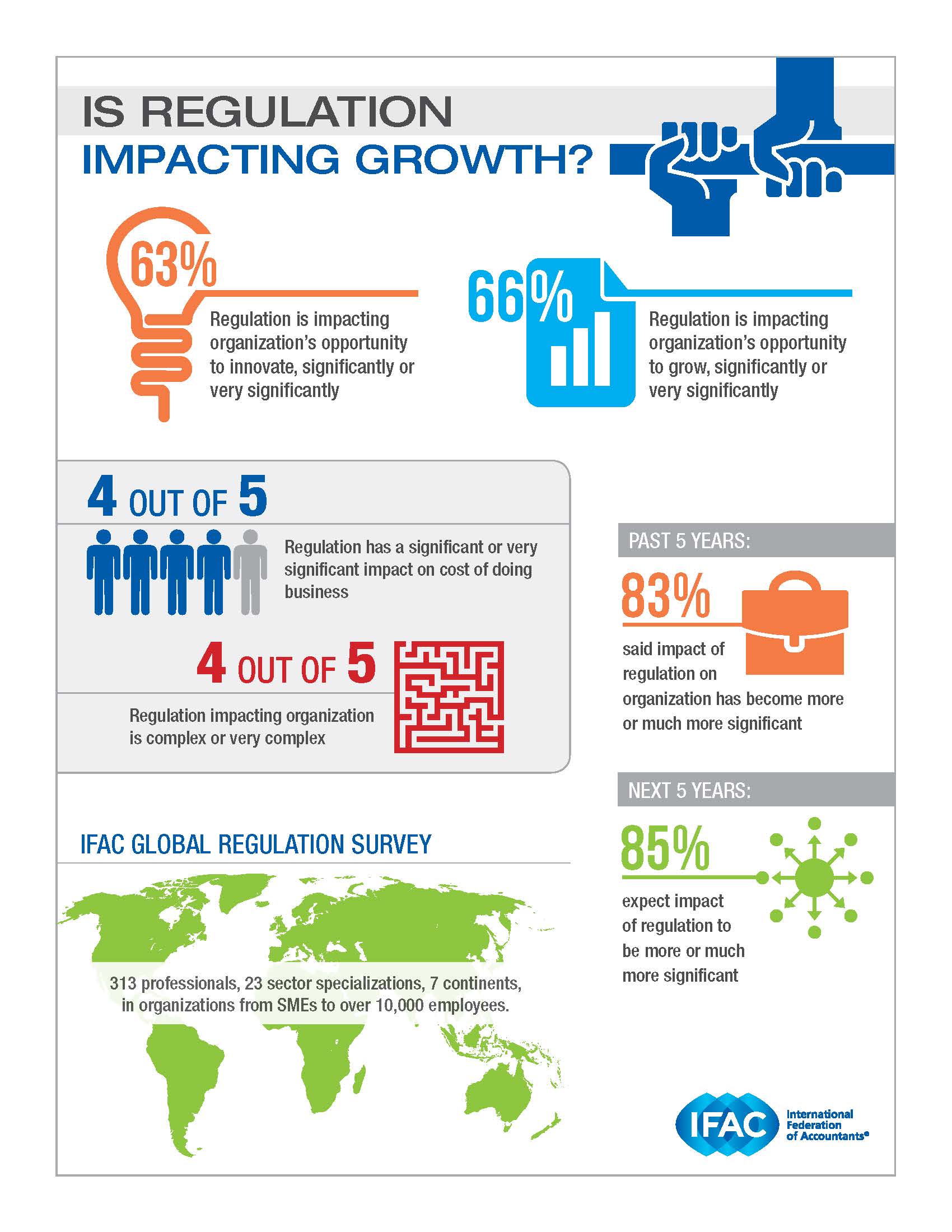IFAC President Addresses the 10th National Encounter of Women Accountants, Brazil
President Coelho, thank you for the kind invitation to be here tonight.
Ladies - and I see, a few gentlemen - it is a privilege to be with you all here in beautiful Foz de Iguazu, Brazil, to be among the highly regarded Brazilian accountancy profession.
It is especially an honor to stand before you as the first female President of the International Federation of Accountants, and to speak to a conference dedicated to more than 2000 female accountants in this vast—and important—country.
You have chosen an interesting theme for your conference: Energy, Knowledge and Art.
And so it is with lots of energy, and an affirmation of a quest for knowledge and courage, that I honor you and your involvement in the art of our profession.
Why energy?
Because as a girl growing up in a small Kentucky farming community, I never anticipated:
- graduating from university as an accountant, when that was viewed as a career path reserved almost exclusively for men;
- becoming the first female chair of the American Institute of CPAs—110 years after it was founded; and
- being elected to lead the profession globally last November at the World Congress of Accountants in Rome— which, coincidentally, was 110 years after the first World Congress.
And I could never have imagined travelling to Brazil, and speaking to more than 2,000 women about our wonderful profession. It was inconceivable. Particularly when I think about the fact that, at my first job interview some 40 years ago, I was told that the firm didn’t hire women for its professional staff—only for their office support functions.
But, just like you all, I learned to accept that sometimes life throws us challenges.
Sometimes they are life changing, sometimes they are career defining. But they all require energy and commitment to overcome.
When I was struck by Bell’s Palsy last year, after a virus attacked my facial nerve and caused temporary (hopefully) paralysis of one side of my face, I first viewed it as a potentially huge distraction. However, over time I discovered that when I moved forward in spite of this setback, people responded with surprise and respect because I did not let it interfere with important goals and commitments.
Vanity and pride had to be put aside, though it was tempting to dwell on the negative. But I thought—“If this is the worst thing that happens to me, it will be a very good life” … I can walk, I can talk, I have a wonderful family, and my brain still works. I may smile and talk with a lopsided mouth but it doesn’t keep me from thinking—and leading our global profession with passion and energy.
Why knowledge?
Because it takes knowledge to put yourself forward for a new challenge or opportunity. First of all, there is absolutely no substitute for competency. But that is not enough.
It also takes courage. Research has shown that men are more willing to put their hands up when they are not fully prepared to take on the next assignment or challenge. But women, on the other hand, tend to wait until we think we’re fully prepared. We must be willing to do things we do not feel completely ready to do. That is how we grow. By having the courage to do this, by pushing through those moments of doubt, that is when we have breakthroughs and are viewed as capable leaders. That is when we gain experience – and experience success.
Or to quote Sara Blakely, the founder of a billion-dollar hosiery manufacturer, Spanx:
“Don’t be intimidated by what you don’t know. That can be your greatest strength and ensure that you do things differently from everyone else.”
We must also use our knowledge and courage to challenge, to advocate, and to persuade.
We must continually challenge the status quo; and always articulate the case for inclusion and diversity in our profession globally.
And we must constantly remind ourselves to pause, look over our shoulder, and help the next generation of women on their journey to success.
And why art?
Because our profession is not an exact science. There is artful symmetry in creating new approaches to address challenges, in learning and adapting to changing demands, in making sense out of data and numbers in a way that allows companies and clients be the best that they can be: looking forward, growing and succeeding.
When the numbers enable good decisions, when governance is strong, and when we advise our companies and clients—in the public interest—to be transparent, accountable, and sustainable, we add tremendous value to our communities and the world around us.
That is what drives my excitement and passion for our great profession.
I am excited to be here with you this week.
I applaud your attendance, I honor your commitment to our profession and I look forward to meeting as many of you as possible and learning more about your challenges and opportunities.
Thank you again for inviting me to Brazil to be with you all—it is indeed a great privilege and honor.

